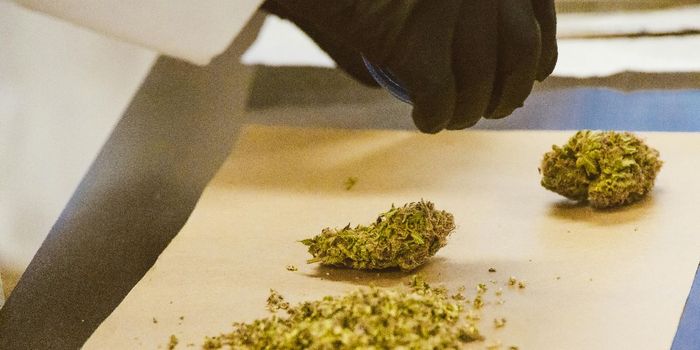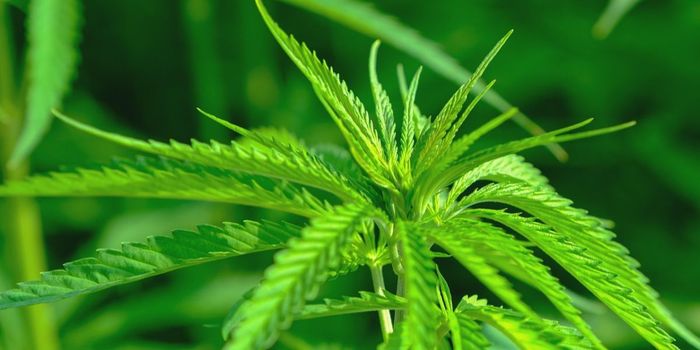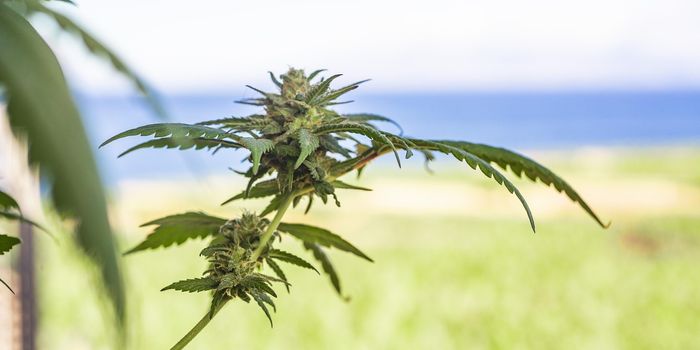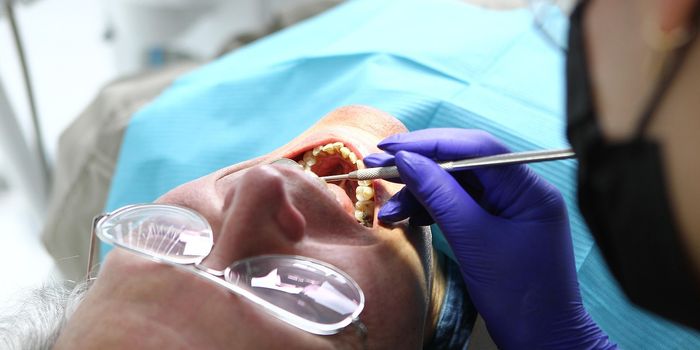Establishing a Link Between Cannabinoids and Infant Respiratory Problems
How much of an impact can cannabis exposure have on newborn babies? This is what a recent study published in the British Journal of Pharmacology hopes to address as they examine how cannabis use can lead to complications with newborn babies, specifically pertaining to symptoms that could lead to infant death syndrome.
“Cannabis and derivatives have been legalized or decriminalized in several countries, and their consumption has increased,” said Dr. Luis Gustavo Patrone, who is the lead author of the study. “Growing numbers of women are using the compounds present in Cannabis sativa plants as medication to combat nausea and even recreationally. However, the consequences of fetal exposure to cannabinoids aren’t yet fully understood.”
For the study, the researchers administered the synthetic compound, WIN 55, to pregnant rats and monitored the impacts on their fetuses. WIN 55 was chosen since it possesses similar effects on the brain as natural cannabinoids. The researchers used a control group and the pregnant rats for the trials and found a 29 percent higher mortality rate for the fetuses that were given WIN 55 compared to the control group. In the end, the researchers discovered vast changes in breathing for the fetuses, specifically pertaining to motor and sensory control, and these results were greater in male fetuses.
“Various compounds derived from the cannabis plant are known to cross the placenta barrier and may interfere in cerebral endocannabinoid signaling pathways, with severe effects on the fetus’s neural and physiological functions, including cardiorespiratory processes. The impact on postnatal life can be lasting,” said Dr. Luciane Gargaglioni, who is a professor at FCAV-UNESP and a co-author on the study.
Along with examining breathing mechanisms, the researchers also monitored sensitivity to carbon dioxide, noting that WIN 55 led to fetuses having panic attacks. The trials ended when the fetuses reached the age of 28 days.
“Although the study involved rats, these important alterations in respiratory physiology due to exposure to cannabinoids in the womb should serve as a warning against therapeutic or recreational use of cannabinoids by pregnant women,” said Dr. Patrone.
What new discoveries will scientists make about the effects of cannabis on pregnancies in the coming years and decades? Only time will tell, and this is why we science!
Sources: British Journal of Pharmacology, Agência FAPESP
As always, keep doing science & keep looking up!









